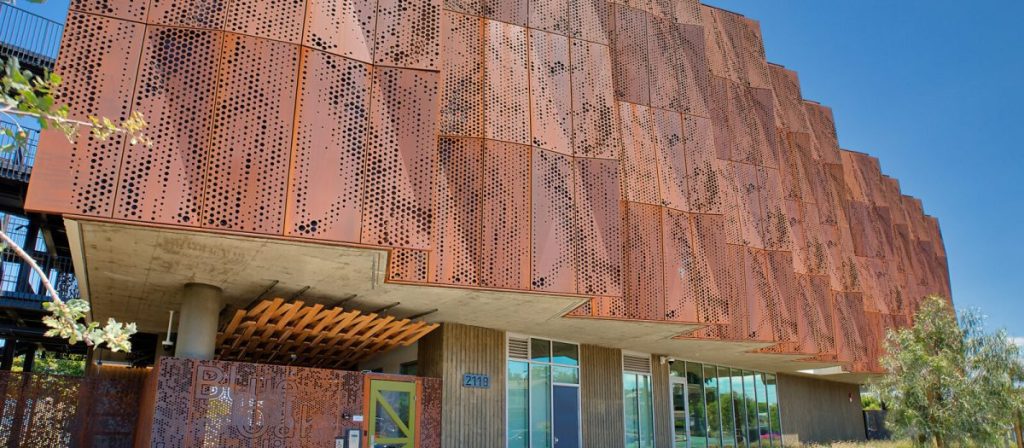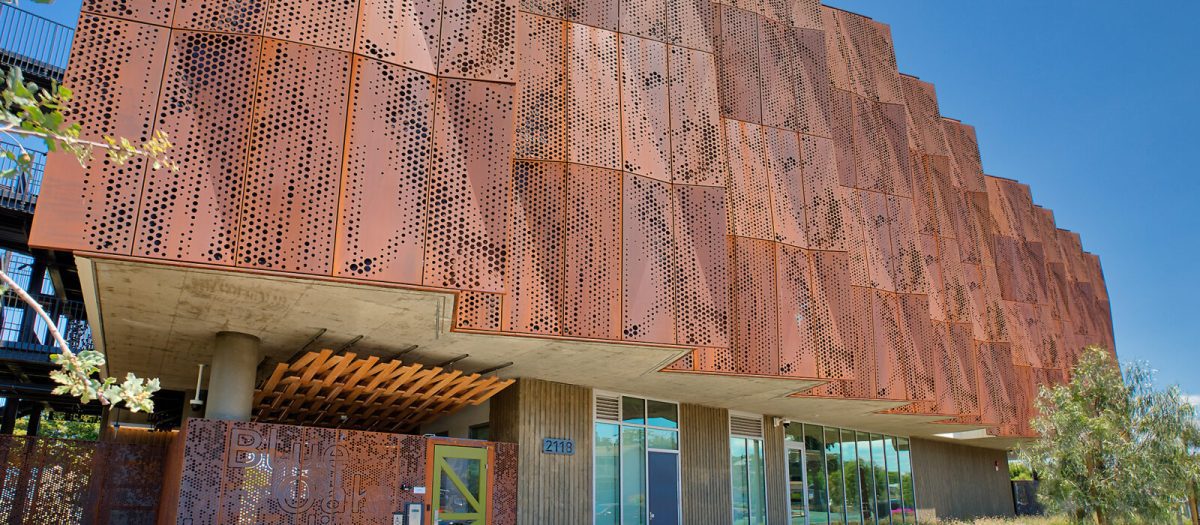
The Women’s Studio Workshop: Revolutionizing the Art of Bookmaking

**The Women’s Studio Workshop: A Half-Century of Gender-Inclusive Artistic Innovation**
In 1974, four college friends — Ann Kalmbach, Tatana “Tana” Kellner, Anita Wetzel, and Barbara “Babs” Leoff Burge — unknowingly sparked a movement by renting a modest two-story house in Rosendale, New York, a small working-class town located two hours north of the bustling metropolis of New York City. This simple yet profound decision laid the foundation for the birth of the Women’s Studio Workshop (WSW), a space purposely designed to offer artistic opportunities and support to women and underserved communities excluded by traditional art institutions. As the workshop celebrates its 50th anniversary in 2024, its journey from a grassroots initiative to a thriving nonprofit arts organization reflects a radical commitment to accessibility, inclusivity, and creative community-building.
### Origins in Feminism
WSW emerged during a pivotal moment in American history—the mid-1970s—when social activism was prominent, and second-wave feminism was at its height. This was a time when landmark changes were reshaping women’s rights, with the passage of Roe v. Wade marking a victory for body autonomy and the rise of feminist-led arts communities. However, all was not equal, especially for women artists who found themselves marginalized within the established art world, hampered by limited access to training, exhibitions, and funding opportunities.
The founding members of the WSW were no strangers to these challenges, encountering numerous obstacles despite part-time jobs and burgeoning careers as artists. To carve out a different path, they coalesced around shared frustrations, and in 1974, the WSW was born. Their mission was simple: to empower female-identifying artists and others who faced institutional barriers due to their gender identity. Their vision was far more radical: a studio workshop that would involve education, collaboration, and creating art in ways that defied patriarchal constructs.
### From Humble Beginnings to an Expansive Nonprofit
Initially housed in their rented Rosendale home, WSW has continuously evolved since that summer of 1974. In 1980, the group relocated to its current address on Binnewater Lane into an expansive, repurposed 19th-century cement company mining store which now holds state-of-the-art studios for papermaking, printmaking, darkroom photography, ceramics, book arts, and other forms of print and paper media. Over the course of 50 years, the WSW has hosted over 1,000 residents and studio interns, giving life to a community-driven mission that thrives on inclusivity, creativity, and mutual artistic collaboration.
Entering its fifth decade, the WSW continues to grow. The organization is adding more studio spaces and new residential accommodations for the ever-increasing number of artists it supports. Throughout this growth, the WSW remains firmly rooted in the values that inspired its founders.
### Inclusivity Beyond Binaries
Though born out of the feminist movement, WSW’s current mission is deliberately expansive, recognizing the complexities and fluidity of gender. Formerly focused on providing opportunities for “women-identifying” artists, WSW’s updated mission statement now welcomes artists across a broad spectrum, including trans, intersex, nonbinary, and gender-fluid individuals. This expansion reflects the larger societal shift towards embracing a more multivalent understanding of gender, dismantling the binaries that limit expression and opportunity.
“We used to say woman-identifying artists,” co-founder Kalmbach explained. “But it’s expanded.” As Natalie Renganeschi, WSW’s deputy director, added, the workshop is “fighting against” patriarchal systems by rejecting narrow definitions and advocating for more inclusivity in the arts.
### A Radical Publishing Revolution
One of WSW’s longest-standing initiatives is its world-renowned **Artists’ Book imprint**, which has been significantly utilized by WSW to address gender and social inequities in artistic production. Since 1979, WSW has produced over 230 hand-printed, limited-edition artist books that spread across visual art, poetry, social commentary, and experimentation with book forms. Institutional collections worldwide, from the Library of Congress to the Bainbridge Island Museum of Art, house these artist books, preserving works born out of radical, feminist-led initiatives for future generations.
Additionally, WSW’s **Art-In-Education program** creates bridges between the local community and its artists-in-residence, designing curricula that engage with students from fourth grade through high school in the nearby Kingston City School District, revealing that this is more than just a studio space — it’s a cultural lifeline for future generations of artists and creators.
### The Legacy of Community-Building
If artistic production sits at the heart of the Women’s Studio Workshop, community-building is its soul. Whether it’s long-running projects like the Artists’ Book program or the near 50-year-old tradition of gathering interns, artists, and staff for a